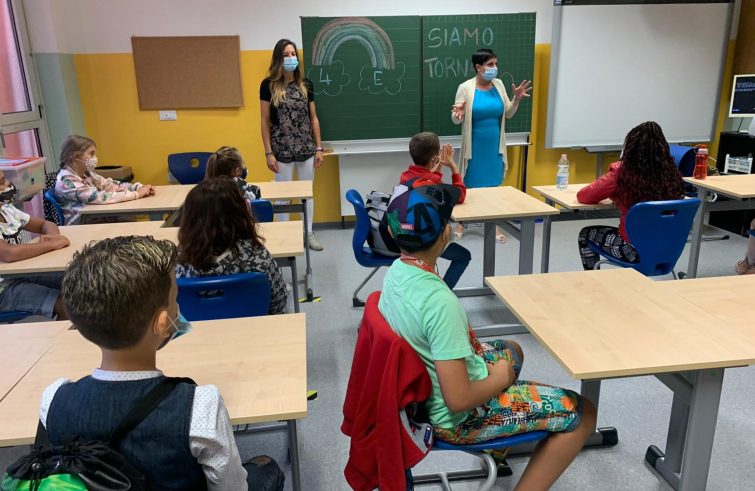
In essence, education connects individuals and communities on a horizontal plane, whereas in the vertical plane it interconnects time, the present, the past and the future. In short, it’s one of the greatest themes of humankind. And of the Church. It embraces the totality of the human person, it challenges him or her, it makes him or her progress (or regress), it opens him or her to the world (and to the transcendent) or, alternatively, it locks them in a barren setting. Education belongs to everyone, not only to pundits, while at the same time we are all, always, educators and learners.
We have all experienced first-hand that nowadays, education (from its etymological root educere: “bring out, lead forth,”) is being questioned, disputed, degraded, or simply ignored.
In other words, training i.e., acquiring the knowledge to master specific processes, is enough to safeguard the interests of global productivity. Or communicating – namely transmitting streams of messages – to achieve specific goals of a social nature. Education is quite the opposite, it’s far more complex, it brings into play relationships, all relationships, those very relationships or the system of relationships that render man, the person, fully human. Paul VI recalled, in his speech to the United Nations, that the Church qualifies as “teacher in humanity.” One of his successors, who canonized him, thus reminds us, as did his predecessors, of the need for education. He does so in the twenty-first century context. A suspended world, and not only for the virus but also caused by the stalemate of globalization processes, the failure of neo-liberalist perspectives, old and new conflicts, old and new imperialisms, forms of totalitarianism that worm their way through, denounced by John Paul II.
It is no coincidence that the proposal of a Global Compact on Education, due to be launched in May and postponed because of the pandemic, is being presented now. In fact it is the first practical expression of the Encyclical “Fratelli tutti”. The importance of education today is such that it can indeed provide the grounds for a common effort involving each and every one of us. Thereby rediscovering the deep-rooted bond that makes us all brothers, all of us, true sisters and brothers. Siblings will often quarrel, confront each other, but they will always be united by an undeniable bond, found in its topical passages.
The pact proposed by the Pope, called for by many leading representatives of world organizations and non-Christian religions, i.e. by the fruits of his extensive dialogue, is demanding. Converging on this commitment also means embracing a vision of openness and a major global investment.
However, this commitment is based first and foremost on the awareness that the starting point can be no other than the many, countless concrete gestures that are already being carried out across the world and which need to be given respite, strength and courage. In short, the global compact points to a lofty goal, it also furthers networking and the enhancement of many human energies, frequently stifled. It is a process of historic importance, which requires everyone’s contribution and the commitment of each and every one, and there is no excuse for anyone.










